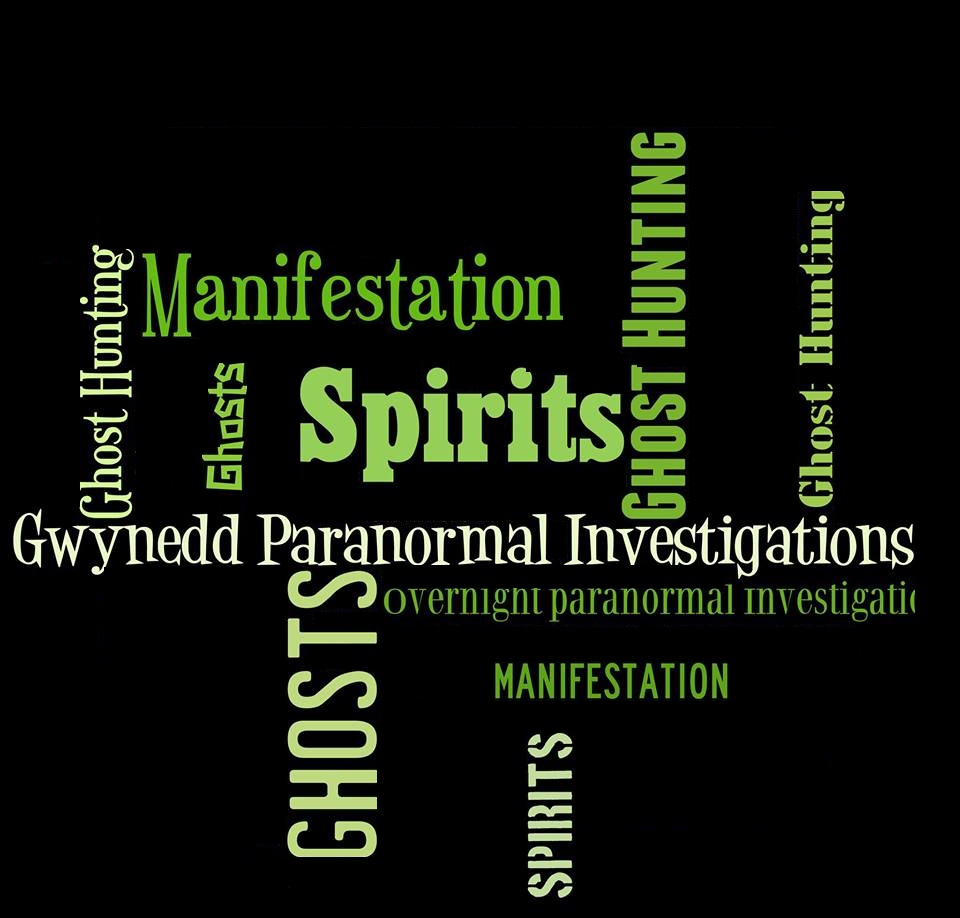Translate This Page
Paranormal is a general term that designates experiences that lie outside "the range of normal experience or scientific explanation" or that indicates phenomena understood to be outside of science's current ability to explain or measure. Paranormal phenomena are distinct from certain hypothetical entities, such as dark matter and dark energy, only insofar as paranormal phenomena are inconsistent with the world as already understood through empirical observation coupled with scientific methodology. Thousands of stories relating to paranormal phenomena are found in popular culture, folklore, and the recollections of individual subjects. In contrast, the scientific community, as referenced in statements made by organizations such as the United States National Science Foundation, maintains that scientific evidence does not support a variety of beliefs that have been characterized as paranormal.
In traditional belief and fiction, a ghost is the soul or spirit of a deceased person or animal that can appear, in visible form or other manifestation, to the living. Descriptions of the apparition of ghosts vary widely from an invisible presence to translucent or wispy shapes, to realistic, life-like visions. The deliberate attempt to contact the spirit of a deceased person is known as necromancy, or in spiritism as a séance.
The belief in manifestations of the spirits of the dead is widespread, dating back to animism or ancestor worship in pre-literate cultures. Certain religious practices—funeral rites, exorcisms, and some practices of spiritualism and ritual magic—are specifically designed to appease the spirits of the dead. Ghosts are generally described as solitary essences that haunt particular locations, objects, or people they were associated with in life, though stories of the phantom armies, ghost trains, phantom ships, and even ghost animals have also been recounted.
Ghost Hunting is the process of investigating locations that are reported to be haunted by ghosts. Typically, a ghost hunting team will attempt to collect evidence claimed to be supportive of paranormal activity. Ghost hunters often utilise a variety of electronic equipment, such as the following types: the EMF meter; digital thermometer; handheld and static digital video cameras, such as thermographic (or infrared) and night vision; digital audio recorder; and computer.
Traditional techniques such as conducting interviews and researching the history of a site are also employed. Some ghost hunters refer to themselves as a paranormal investigators.
While many groups claim to utilise scientific methods in their search for the paranormal, science cannot confirm the existence of ghosts. Ghost hunting can be classified as a pseudoscience.
The word "Orb" from the Latin orbis 'circle', is another name for a round object, especially a disk or a sphere. Can be unexpected, often circular photographic artefact. In astrology, it can be the difference between the exactness of an astrological aspect.
In the terminology of ghost hunting, residual hauntings also known as restligeists (German loan word from restlich meaning "residual" and geist meaning "ghost"), are repeated playbacks of auditory, visual, olfactory, and other sensory phenomena that are attributed to a traumatic event, life-altering event, or a routine event of a person or place, like an echo or a replay of a videotape of past events. Ghost hunters and related paranormal television programs say that a residual haunting, unlike an intelligent haunting, does not directly involve a spiritual entity aware of the living world and interacting with or responding to it.
A poltergeist is a paranormal phenomenon which consists of events alluding to the manifestation of an imperceptible entity. Such manifestation typically includes inanimate objects moving or being thrown about, sentient noises (such as impaired knocking, pounding or banging) and, on some occasions, physical attacks on those witnessing the events.
While no conclusive scientific explanation of the events exists up to this day, poltergeists have traditionally been described in folklore as troublesome spirits or ghosts which haunt a particular person, hence the name. Such alleged poltergeist manifestations have been reported in many cultures and countries including the United States, Japan, Brazil, Australia, and all European nations, and the earliest recorded cases date back to the 1st century.
Spiritualism is a monotheistic belief system or religion, postulating the belief that spirits of the dead residing in the spirit world have both the ability and the inclination to communicate with the living. Anyone may receive spirit messages, but formal communication sessions (seances) are held by "mediums", who can then provide information about the afterlife.
Spiritualism developed and reached its peak growth in membership from the 1840s to the 1920s, especially in English-language countries, By 1897, it was said to have more than eight million followers in the United States and Europe, mostly drawn from the middle and upper classes, while the corresponding movement in continental Europe and Latin America is known as Spiritualism.
The religion flourished for a half century without canonical texts or formal organisation, attaining cohesion through periodicals, tours by trance lecturers, camp meetings, and the missionary activities of accomplished mediums. Many prominent Spiritualists were women. Most followers supported causes such as the abolition of slavery and women's suffrage. By the late 1880s the credibility of the informal movement had weakened due to accusations of fraud being perpetrated by mediums, and formal Spiritualist organisations began to appear. Spiritualism is currently practised primarily through various denominational Spiritualist Churches in the United States and United Kingdom.
